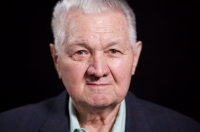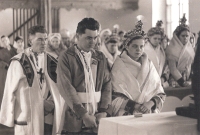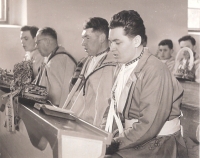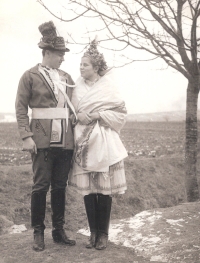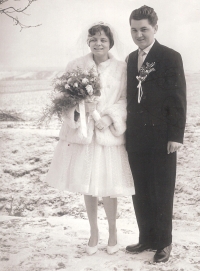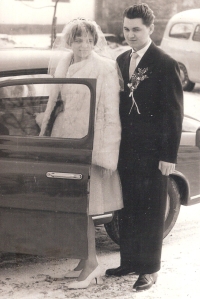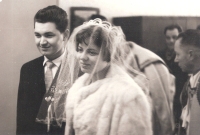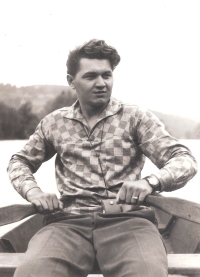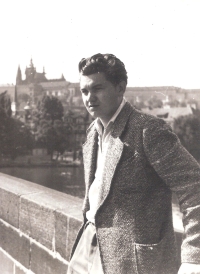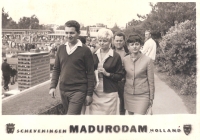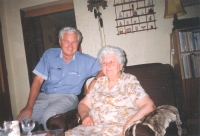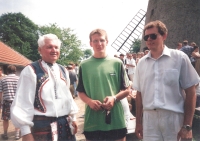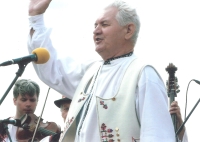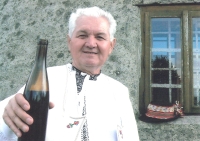After 1968 I had no prospects whatsoever
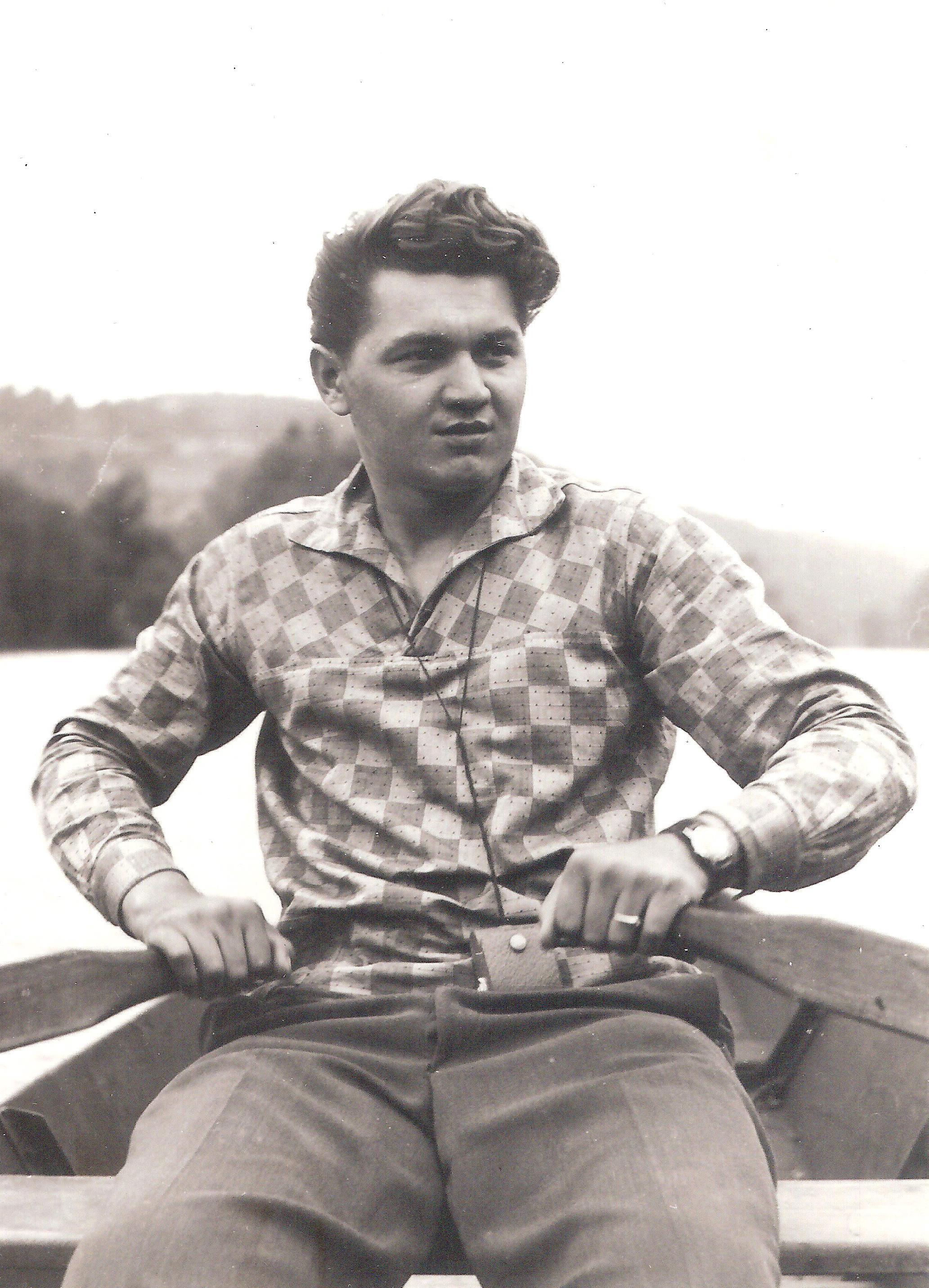
Download image
Jaroslav Hrbáč was born on August 11, 1937, as the youngest of three siblings in Hrubá Vrbka, where he completed elementary school. His parents were small farmers. In nearby Uherský Brod, he apprenticed to be a machine fitter. The Romanian army liberated his native village. The witness remembers Collectivization, which first affected large farmers in the municipality. His parents joined the agricultural cooperative around the year 1960. At the beginning of the 1960s, the witness joined the Communist Party believing that he and other young people could make a difference in the party. He quit the party after the August occupation in 1968. This decision also had occupational consequences for him – they prevented him from career growth – which lasted until the 1980s. After the Velvet Revolution, he became a production director, which he perceived as a certain satisfaction. Jaroslav Hrbáč comes from a family of musicians, and folklore kept him company throughout his life. In the late 1950s, he won a national music competition. In 2021 he lived in Uherský Brod.
